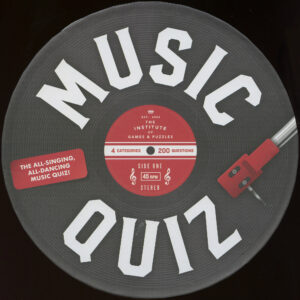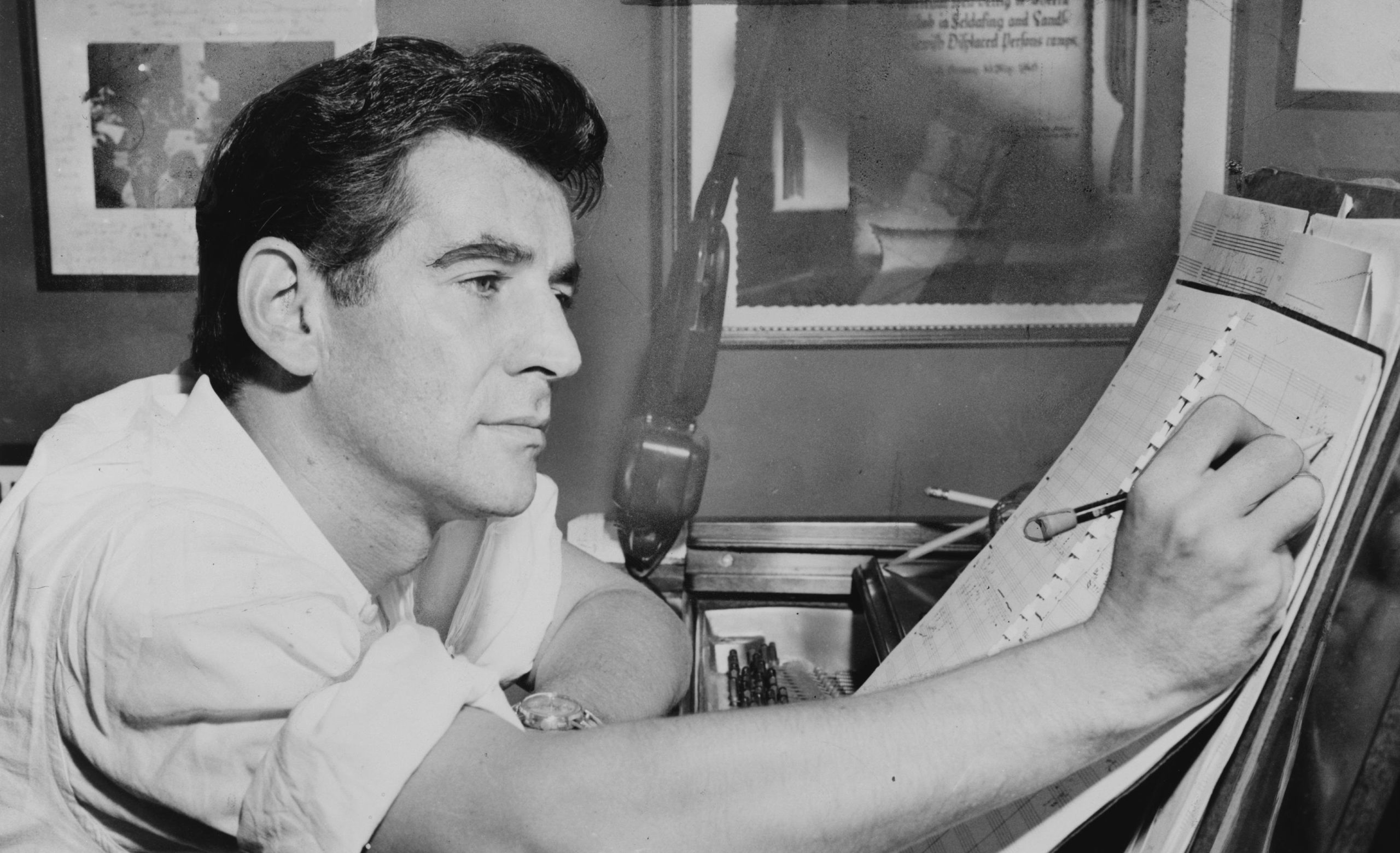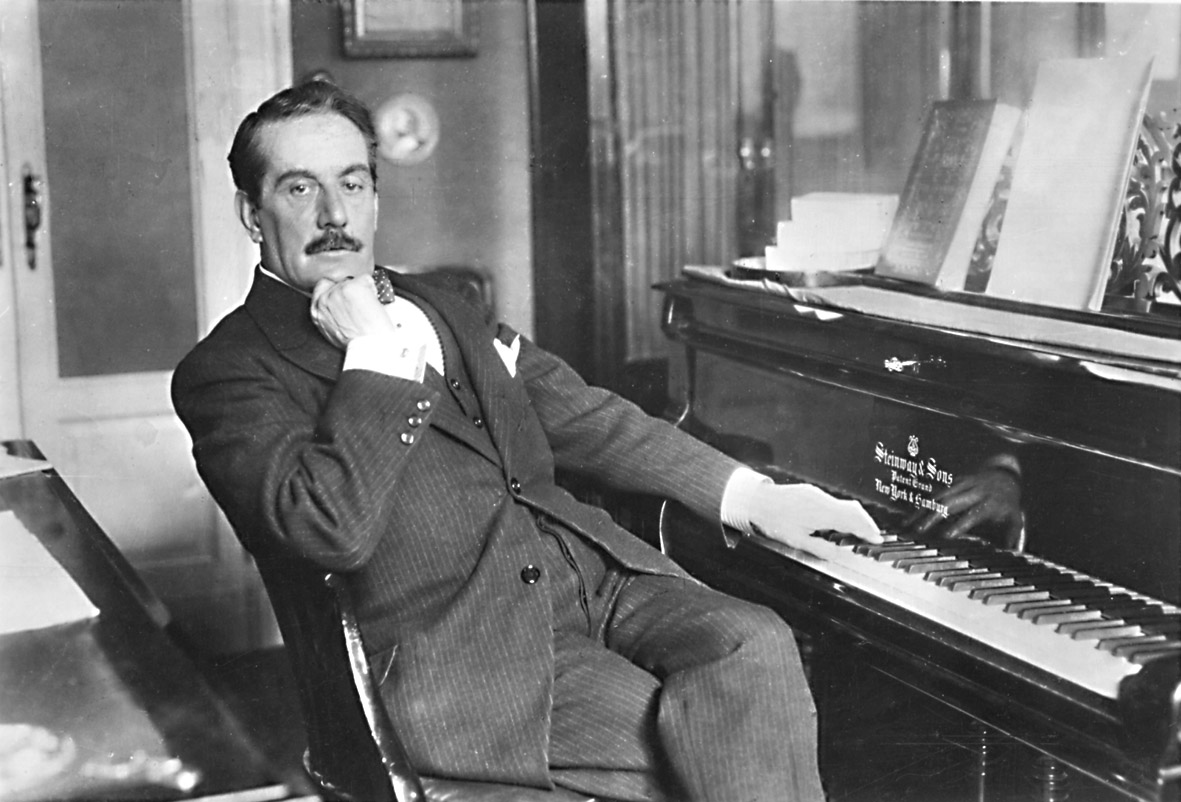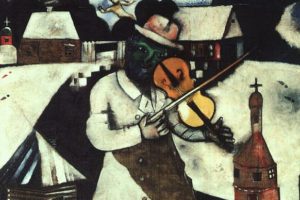Here is the beginning of Wikipedia’s profile of Alexander Borodin, who seems to have been an interesting fellow:
Alexander Porfiryevich Borodin[1] (12 November 1833 – 27 February 1887)[2] was a Russian Romantic composer, doctor and chemist. He was a member of the group of composers called The Five (or “The Mighty Handful”), who were dedicated to producing a specifically Russian kind of art music.[3][4][5] He is best known for his symphonies, his two string quartets, In the Steppes of Central Asia and his opera Prince Igor. Music from Prince Igor and his string quartets was later adapted for the US musical Kismet.
He was a notable advocate of women’s rights and a proponent of education in Russia and was a founder of the School of Medicine for Women in St. Petersburg. (Continue Reading…)
I bet many folks of a certain age– 50 years old or so — will remember this commercial, featuring Borodin. The host, a classy looking English guy, wastes no time in making the rabble feel worthless:
“I am sure you recognize this lovely melody, a Stranger in Paradise. But did you know that the original theme is from the Polovtsian Dance Number 2 by Borodin? So many of the melodies of well known popular songs were actually written by the great masters, like these familiar themes…”
I half expect the guy to say, “I can’t believe w lost the Revolution to you uncultured swine.” In any case, here’s a bit more about Borodin, who had nothing to do with trying to shame us crass Americans into buying records:
Alexander Porfir’yevich Borodin (November 12, 1833 – February 27, 1887) was a genius in several fields. The illegitimate son of a nobleman and a peasant, his aristocratic connection allowed him to receive a better education than almost any other serf of his time. His father, at his death in 1843, freed Borodin from serfdom. (Continue Reading….)
“Polovtsian Dances,” above, was performed by the Vienna Philharmonic Orchestra and “In the Steppes of Central Asia” by the York University Symphony Orchestra. Both performances were last year.
Note: I cross-post The Daily Music Break at DailyKos. A commenter there, DrPlacebo, offered some very interesting information on Borodin which he/she game me permission to share here:
Interestingly, many scientists are aware of Borodin as one of the pioneers of organic synthesis, but have no idea that he was also a composer. Those included both of my parents; my direct ancestors include someone who studied chemistry under Borodin.
Borodin’s chamber music is highly underrated. I’m not just referring to his frequently-performed String Quartet No. 2; there’s also a piano quintet, a string quintet, and a cello sonata from his earlier years. The cello sonata is especially interesting because it’s a homage to both Bach and Boccherini. (Borodin was a cellist himself, and it shows.)
There are a surprisingly large number of scientist-composers out there. William Herschel, the astronomer who discovered Uranus, was also a prolific composer with 24 symphonies to his name. Swedish Romantic composer Franz Berwald was also a pioneering orthopedic surgeon. Another Swede, Kurt Atterberg, an electrical engineer by training, won prestigious prizes over full-time composers and completed nine symphonies while working as a patent examiner. Richard Bing, a research cardiologist who helped invent the heart-lung bypass that made heart transplants possible, also wrote thirteen masses, two symphonies, and numerous choral works. And Elaine Bearer, currently a professor at the University of New Mexico medical school, was one of Nadia Boulanger’s last composition students and at one time held concurrent faculty positions in the medical school and the music school at Brown University.










